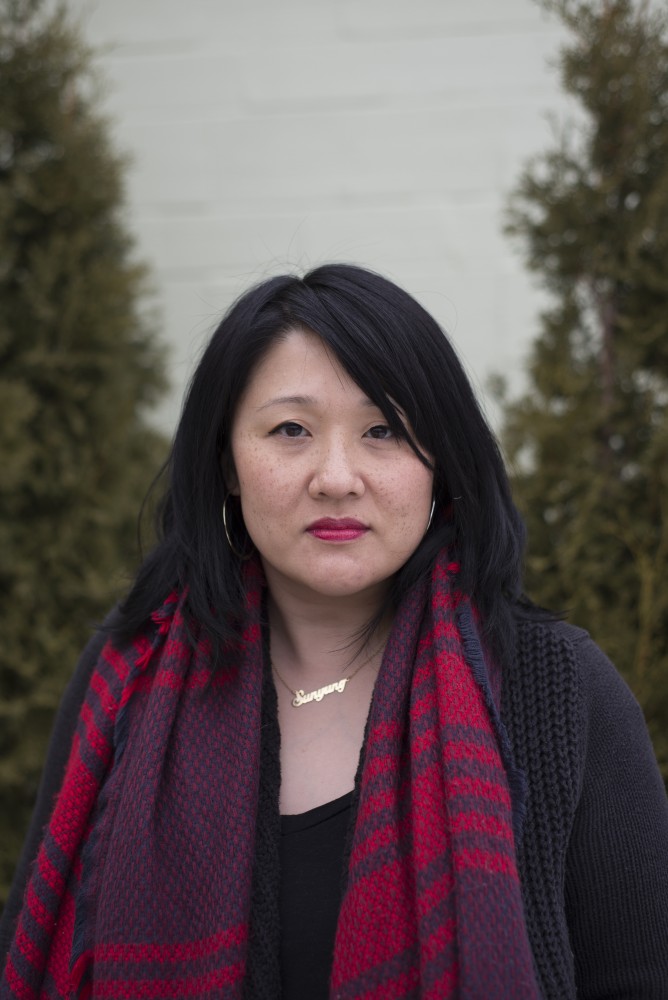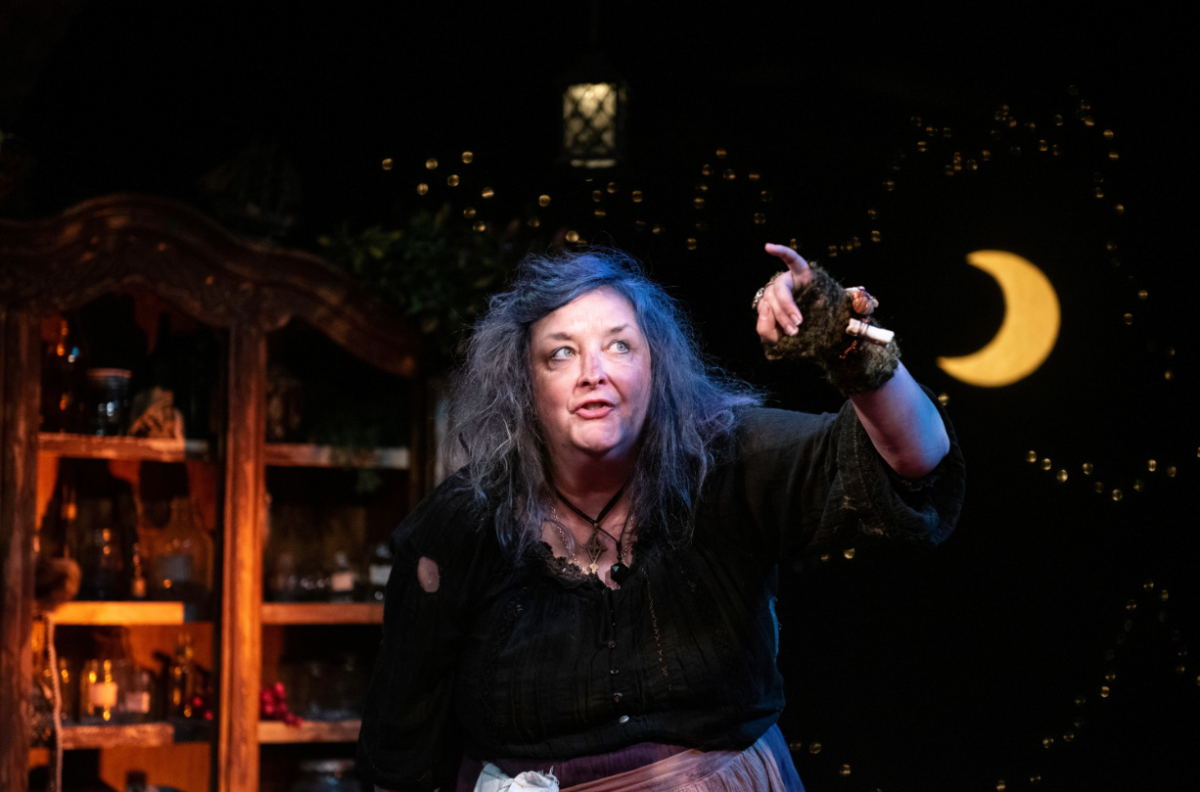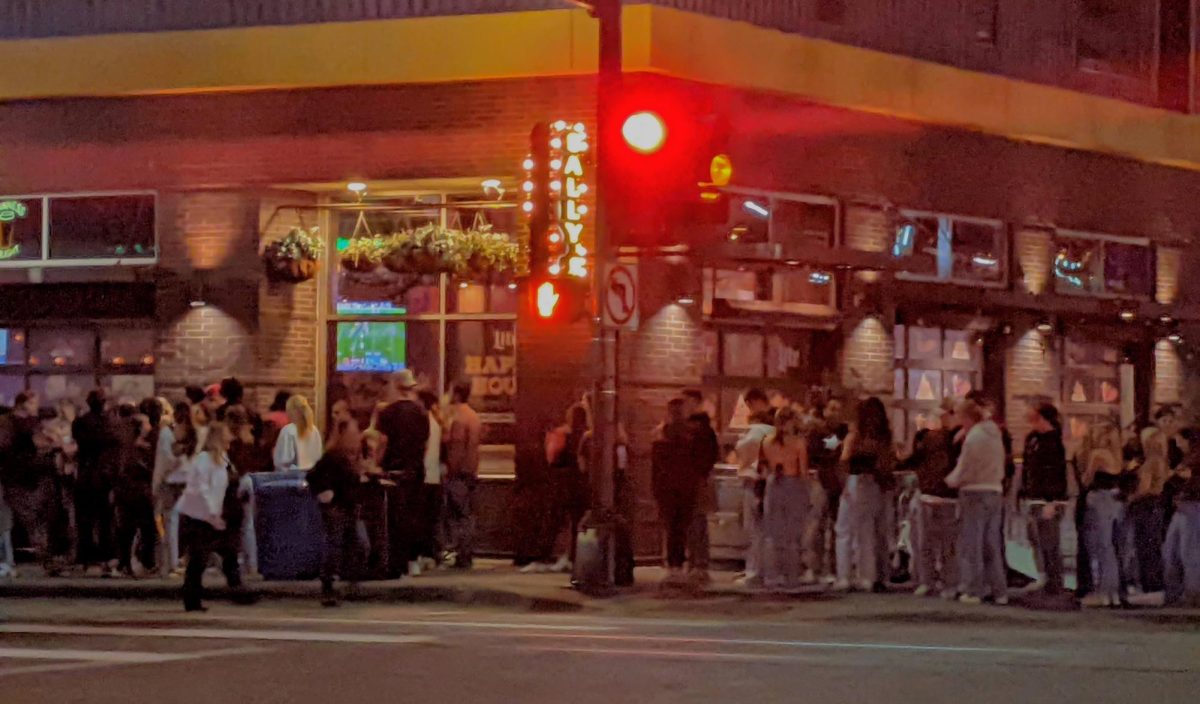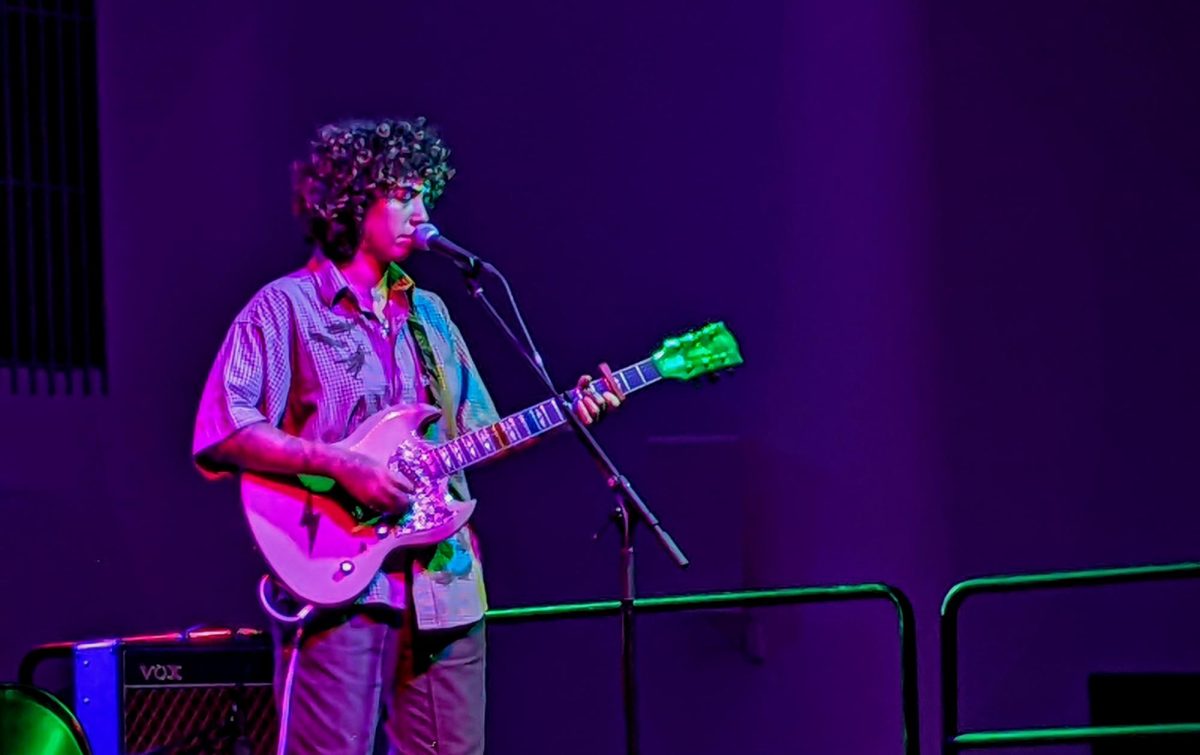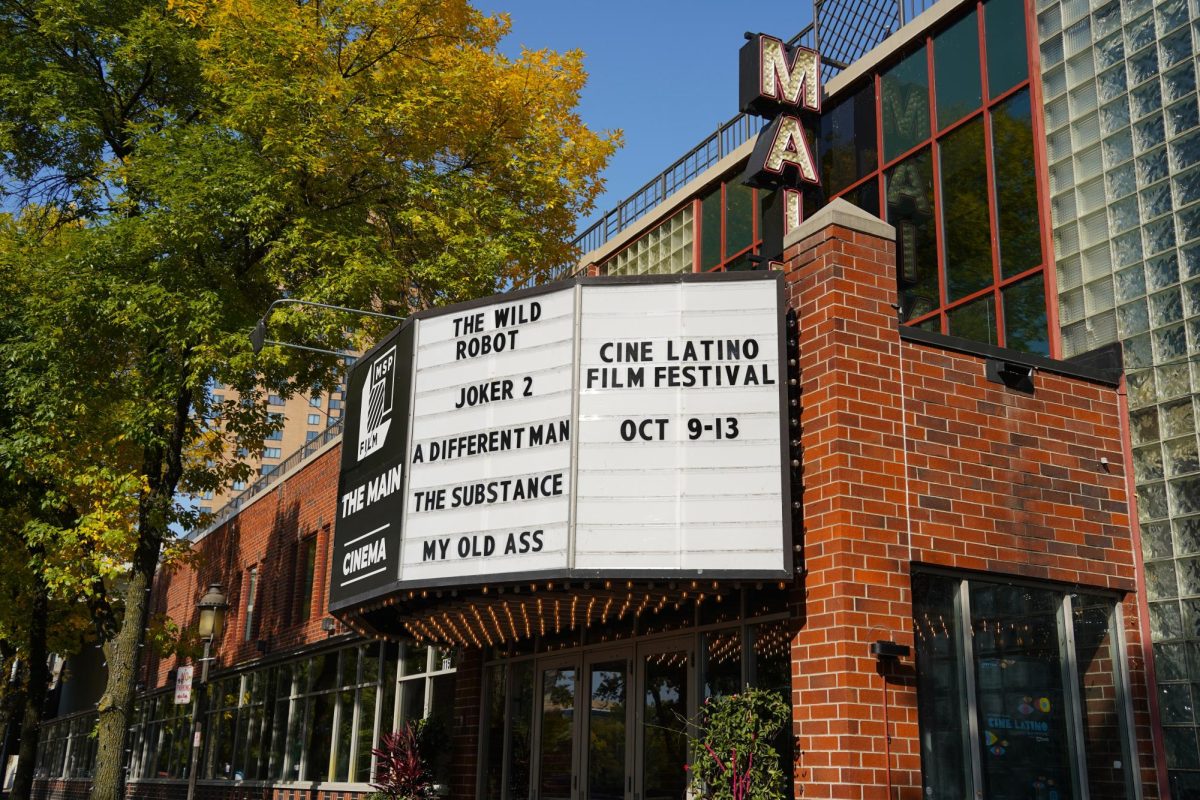Once in a while we come across a talented writer who is able to meld and marry classic artistic ideals with prevailing, progressive views.
Local poet and teacher Sun Yung Shin has won the Asian American Literary Award — an award from the Minnesota State Arts Board — and a Jerome Foundation Award.
Her body of work deals with weighty topics that disrupt the canon and ideals on gender, race and class.
I know you have a different story than the average Western canon writer. Could you explain a bit?
I am a transnational transracial adoptee. I was born in Seoul, South Korea, was adopted and grew up in Chicago. I don’t have a typical Asian-American immigrant experience in terms of growing up with actual immigrants. I was the only person of color in my immediate family, so I grew up in a multiracial environment.
Your work deals a lot with some of these identities. How do you approach these themes?
Poetry is often about being cognizant in the world and observing the living life. I like to think that writing becomes a set of problems that seem unsolvable, or can’t be thought through in ordinary ways. [These problems] often turn into a lasting poetic project or help me question things in art. I tend to do a lot of reading or research before I start certain kinds of poems.
Would you say Minneapolis is a place that thinks about the intersections of identities?
It doesn’t make sense to work or write as if people are just one thing and do not exist at different types of complicated or conflicted crossroads of competing interests. I don’t want to oversimplify things.
Minneapolis is great about that. The artists and activists of color here are such a powerful group of people and are extremely supportive and creative.
What are your thoughts on the [state of the country] and how that affects your art?
I switch between feeling like we’re in an elegy and feeling — as someone from another divided country whose leader is being impeached right now — that this is the struggle of humanity without the veil. We usually hide behind this veil because it’s easier. But this is reality. If we are dealing with authoritarianism in a naked form, we can be a lot smarter and proactive about fighting back.
How has poetry provided a respite in difficult times? What does poetry mean to you?
Creating poetry and art is important to me because I didn’t see my own experience in any mainstream art form. I know that when I work I’m opening a new narrative. I think art functions differently than any other form of discourse in that it obviously privileges aesthetics, beauty and pleasure. But these can also be ethical and moral because one presentation of what is beautiful is inherently an ethical stance. Art has helped me see that I can reflect my own experiences and tell my own story — or use my imagination to tell someone else’s. The fact that you can make an infinite amount of visions with 26 letters is pure magic.
Editor’s Note: This interview has been edited for length and clarity.


